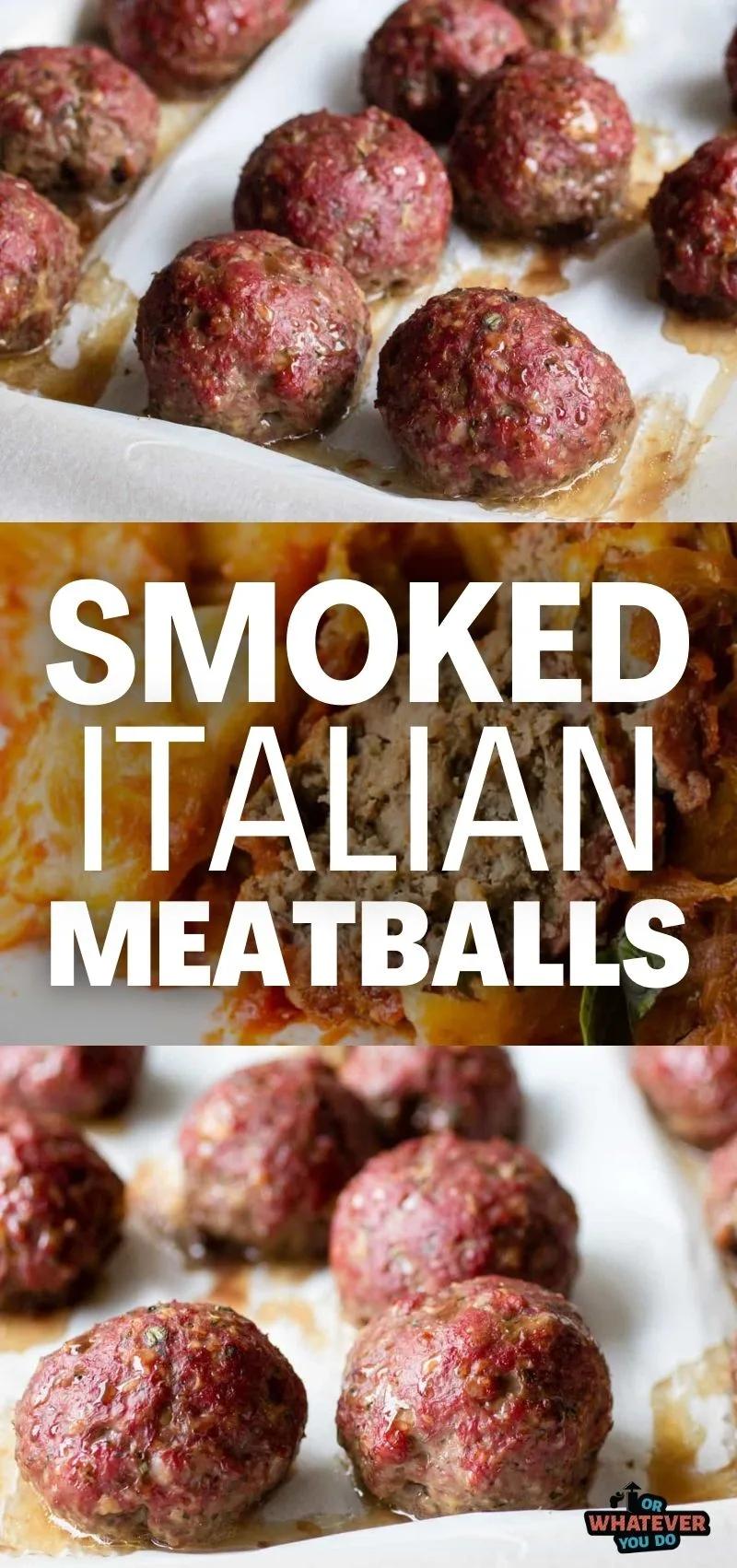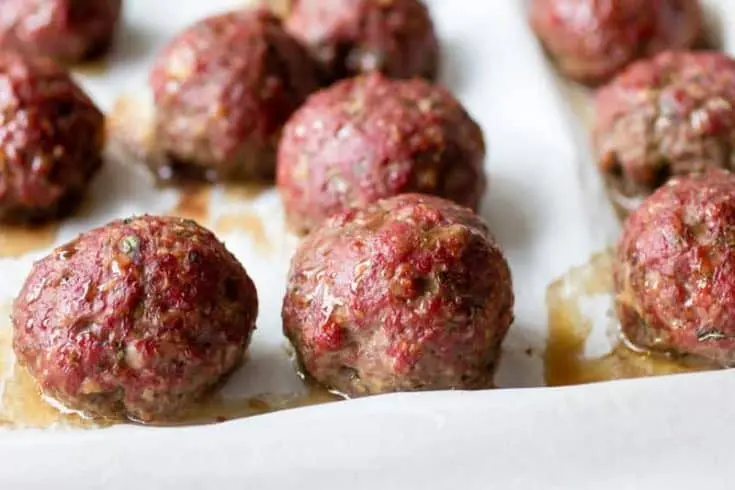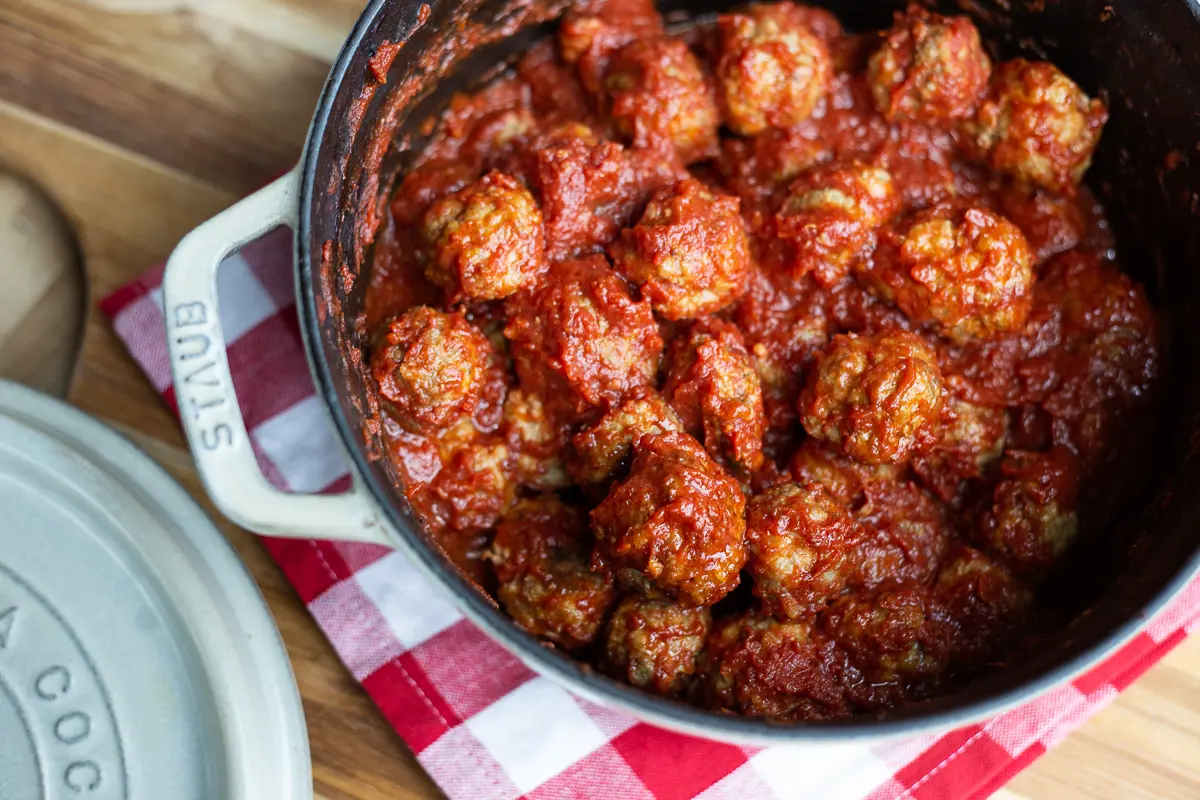Meatballs are a beloved dish in many cuisines around the world, but Italian meatballs hold a special place in the hearts of food lovers everywhere. These savory morsels are known for their rich flavors and hearty texture, making them a popular choice for pasta dishes, sandwiches, and appetizers. In this article, we will explore the art of making smoked Italian meatballs and discover what sets them apart from regular meatballs.
What's the Difference Between Meatballs and Italian Meatballs?
While meatballs can be found in various cuisines, Italian meatballs have distinct characteristics that differentiate them from other varieties. The key difference lies in the ingredients and the way they are prepared.
Italian meatballs typically contain a combination of ground meat such as beef, pork, or veal, mixed with breadcrumbs, grated Parmesan cheese, eggs, and a blend of herbs and spices. This mixture is then shaped into small balls and cooked by simmering them in a tomato-based sauce or baking them in the oven.

The use of specific ingredients and the cooking method give Italian meatballs their unique flavor and texture. The addition of Parmesan cheese and herbs like basil and oregano enhances the taste, while the slow cooking process allows the flavors to meld together.

What Are Traditional Italian Meatballs Made Of?
Traditional Italian meatballs are made using a combination of ground meats, breadcrumbs, grated Parmesan cheese, eggs, herbs, and spices. The precise recipe may vary from region to region in Italy, but these are the common ingredients used.
The choice of ground meat is crucial in achieving the desired flavor and texture. A combination of beef, pork, and veal is often used to balance the flavors and create a tender meatball. The addition of breadcrumbs helps to bind the mixture together and adds a slight texture to the meatballs.
Grated Parmesan cheese is a staple ingredient in Italian cuisine and plays a significant role in enhancing the savory taste of the meatballs. It adds a subtle tanginess and depth of flavor to the dish.
Eggs act as a binding agent and help hold the meatball mixture together. They also contribute to the tenderness of the meatballs.
Herbs and spices such as basil, oregano, garlic, and onion powder are added to infuse the meatballs with aromatic flavors. These ingredients give the meatballs their distinct Italian taste.
What Do Italians Call Meatballs?
In Italy, meatballs are commonly known as polpette. This term refers to any type of meatball, whether it's made from beef, pork, veal, or a combination of meats.
Polpette are a versatile dish in Italian cuisine and can be served as a main course with pasta or as an appetizer. They are often enjoyed with a rich tomato sauce, which adds a delightful tanginess to the meatballs.
Italians take pride in their meatball recipes, and each region has its own variations and methods of preparation. Whether it's polpette di carne, polpette di pollo, or polpette di vitello, meatballs are a beloved part of Italian culinary tradition.
Smoked Italian meatballs are a delicious twist on the classic dish. By infusing the meatballs with the smoky flavors from a grill or a smoker, you elevate the taste to a whole new level. The combination of ground meats, breadcrumbs, grated Parmesan cheese, eggs, and aromatic herbs and spices creates a delightful explosion of flavors in every bite.

Whether you enjoy them with pasta, on a sandwich, or as an appetizer, smoked Italian meatballs are sure to satisfy your cravings. So fire up the grill, gather your ingredients, and get ready to indulge in a mouthwatering culinary experience!
If you want to know other articles similar to Delicious smoked italian meatballs: a twist on a classic you can visit the Recipes category.


Related Articles